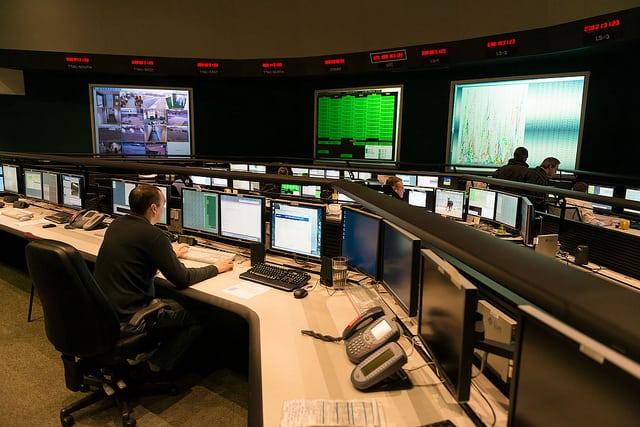Latest News
[Via Satellite 11-04-2014] Iridium reported total revenue of $107.5 million for the third-quarter of 2014, surpassing the expectations of most analysts. The company also replaced two satellites with in-orbit spares during the quarter, leaving one spare between now and the launch of Iridium NEXT. Matt Desch, CEO of Iridium, said the current network is performing very well, and that the company has averaged roughly one replacement per year for the last five years. Having one spare remaining is where he expected to be heading into 2015, he said.
Double-digit Machine-to-Machine (M2M) subscriber and revenue growth strengthened Iridium’s solid earnings, with higher than expected commercial growth, along with a 29 percent year-over-year increase in Iridium OpenPort revenue.
“Following two years of challenging results, Iridium has now reported better-than-expected results in each of the past three quarters. We are particularly encouraged by the company’s subscriber growth, which portends higher service revenues down the road. [Year to Date], Iridium has added 62,000 subs, which already exceeds our full-year forecast of 40,000 subs at the start of 2014,” Chris Quilty, SVP, equity research at Raymond James & Associates wrote in a research note.
James McIlree, CFA at Chardan Capital Markets, echoed a similar response.
“The company has exceeded our revenue estimate each quarter this year. Most of the better than expected results came from commercial services, which was $5 million higher than expected,” he wrote. “R&D and SG&A, combined, were almost $2 million lower than forecast, and that in conjunction with the strong revenue growth and margins, resulted in [Operational Earnings Before Interest, Taxes, Depreciation, and Amortization] OEBITDA of $58.4 million — 11 percent higher than our $52.5 million estimates. Like our revenue estimate, we have been playing catch-up on OEBITDA all year.”
Desch said the company would have to lose a lot of satellites before any impact in service was noticeable. Even if one or two more satellites were down for a significant amount of time, this would have no impact on revenue and would hardly be noticeable to customers, he said. This is because Iridium planned several spares early on, and a satellite remains above a customer for only four to 10 minutes at a time.
Iridium NEXT, the company’s future satellite constellation, is on track to begin launching in June 2015. The first two satellites will launch aboard a Dnepr rocket from Kosmotras, followed by four to five months of testing, according to Desch. The remaining 70 satellites are contracted out to SpaceX for launches of 10 at a time on Falcon 9 rockets.
With eight months between now and the first launch of Iridium NEXT, Desch expressed confidence that should another satellite fail, it would be replaced quickly. Full deployment of the Iridium NEXT constellation is expected to by 2017.
Iridium also saw Q3 success with the Iridium GO! personal Wi-Fi hotspot device, with 5,000 units shipped since its debut in early 2014. The company is preparing for future opportunities with joint venture Aireon, which had its first payload for space based Automatic Dependent Surveillance-Broadcasting (ADS-B) delivered from Harris Corporation to Orbital Sciences for integration in October. The first five Iridium NEXT spacecraft have entered final assembly, and Iridium has completed its Launch and Early Operations Center, where new satellites will be managed.
Iridium is looking forward to new business opportunities through Iridium NEXT. The new constellation will support L-band data speeds up to 1.5 Mbps, compared to 128 Kbps for the current network. Iridium NEXT will also support 8 Mbps Ka-band service, and the constellation has room for multiple hosted payloads. Iridium NEXT is comprised of 66 active satellites and nine in orbit spares.
Get the latest Via Satellite news!
Subscribe Now